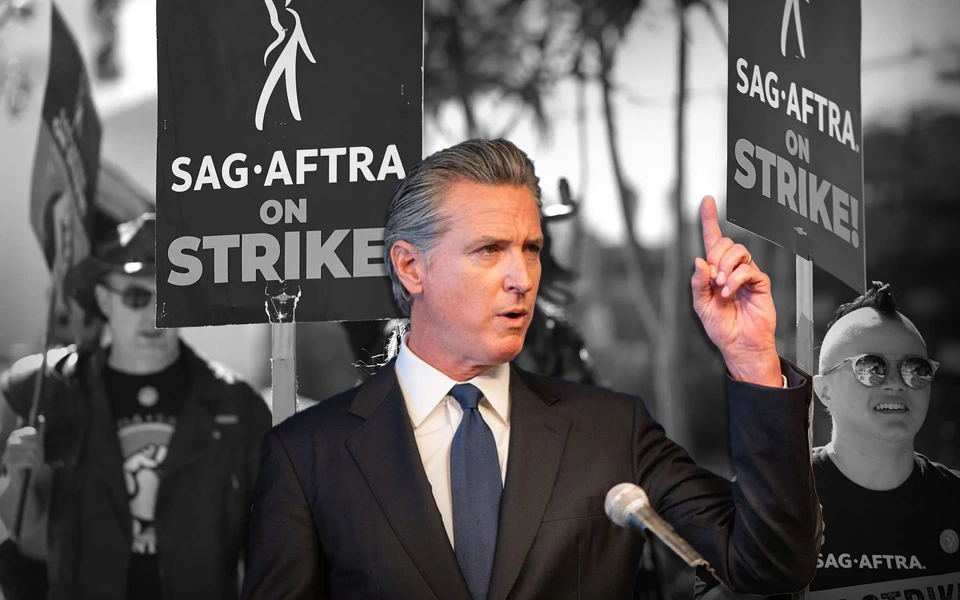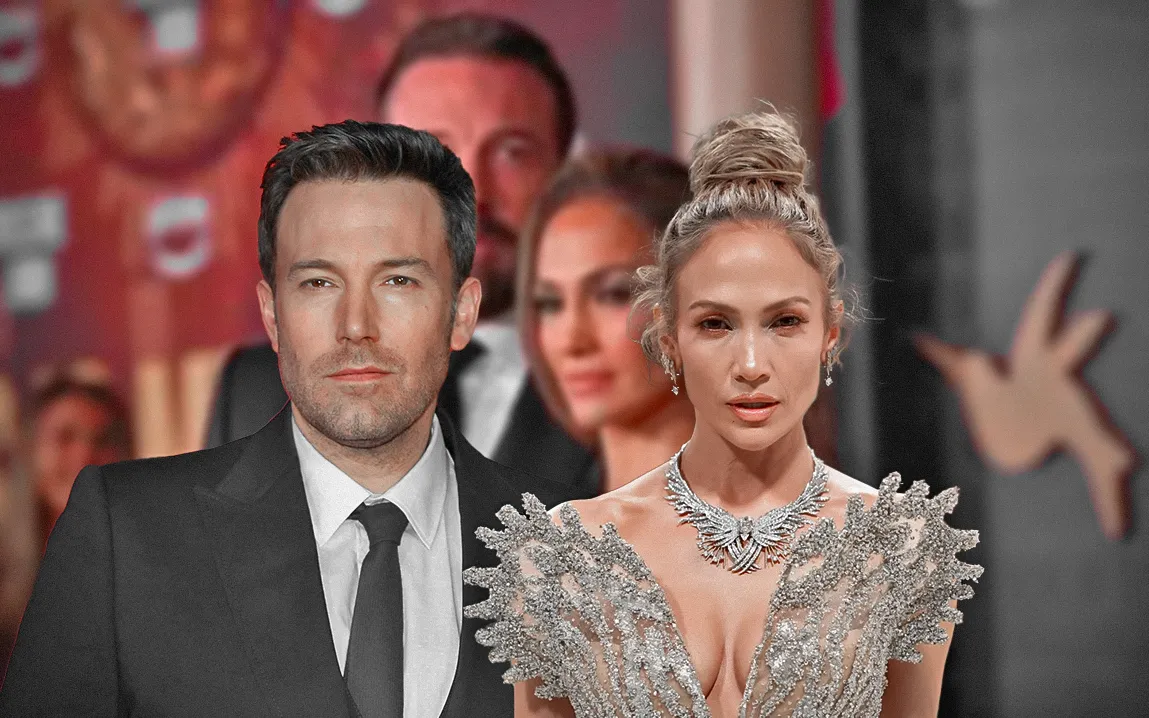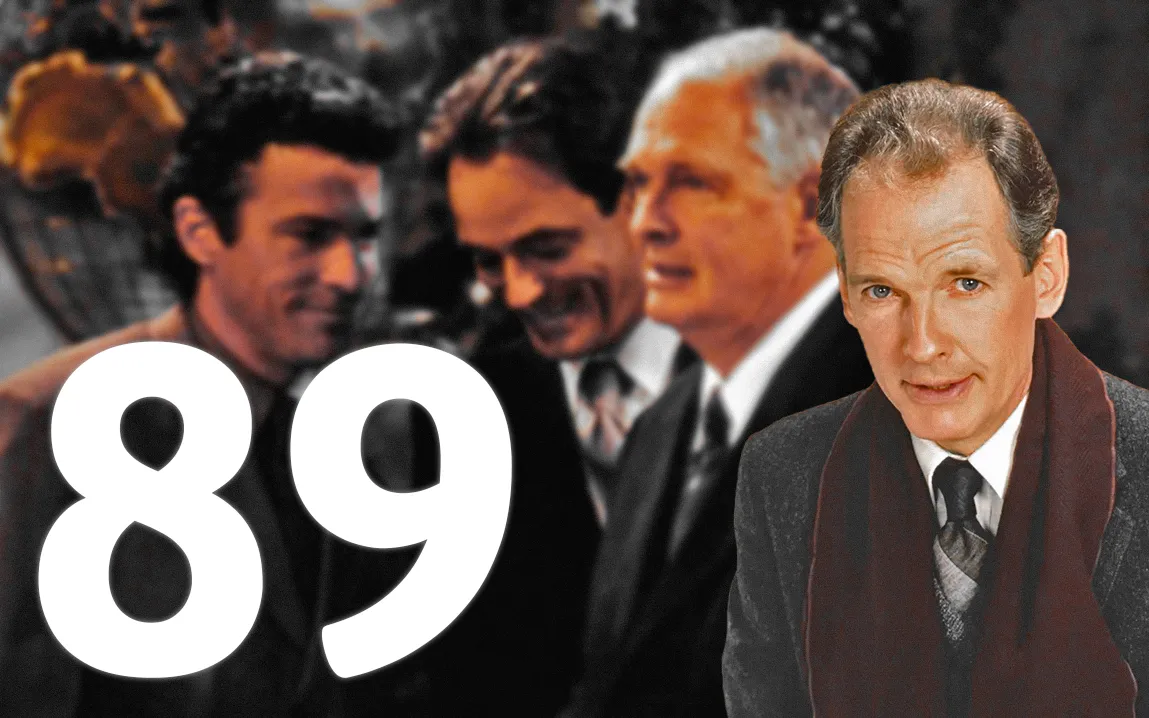California enacts two new laws, AB 2602 and AB 1836, to shield actors from the misuse of AI that uses their digital likeness without permission.
It is indeed a big move, as California Governor Gavin Newsom signed into law two major legislations, enacted on September 17, 2024, strongly boding for the protection of actors and performers against the use of their artificial intelligence-created duplicate images without permission. These new laws, in that regard, mark a radical step forward for the protection of performers’ rights both in life and in death, with a raft of important ethical questions opened up by the intersection of AI, creative expression, and workers’ rights.
The Rise of AI in Entertainment and the Need for Protection
Artificial intelligence has totally changed the playing field of entertainment as it has allowed filmmakers and studios to convincingly recreate an actor’s voice or likeness. AI technologies are allowing new performances from living actors and even digital performances by the deceased. While these changes can be very exciting for filmmakers and producers, they also raise many ethical dilemmas when considering consent, representation, and performer compensation.
This is one of the major concerns: such technologies might be continuing to be in use by studios without permission and compensation. The new legislation in California seeks to make those risks minimal by ensuring performers retain rights over their digital selves and are paid for use of their likeness, even in posthumous usages.
Assembly Bill 2602 and the Requirement to Obtain Consent
One mandates that contracts involving AI-generated replicas of a performer’s voice or likeness spell out any intentions to use such technology. Performers must also have professional representation in the negotiation of those contracts. It simply allows actors to make an educated choice and have some say in how their digital likeness is used in film, television, video games, and other media.
“I am grateful that Governor Newsom signed AB 2602, a bill that will safeguard a performer’s right to their digital self and protect artists’ livelihoods,” said Kalra. The law reflects growing concern that without such protections, actors could lose agency over how their image is exploited and harm both their careers and legacies.
Assembly Bill 1836: Protecting the Deceased Performers’ Likeness
The second in order, Assembly Bill 1836, by Assemblymember Rebecca Bauer-Kahan (D-Orinda), grants similar protection to the likeness of performers once they die. That statute makes it illegal to commercially use digital replicas of dead performers without first seeking permission from their estates. This law includes within its ambit a wide swath of media—from films and television series to video games and audiobooks to sound recordings. It tries to avoid unauthorized posthumous recreations of artists, which has become more prevalent with AI and digital technologies.
Bauer-Kahan elaborated that such protection is needed, continuing, “It is now possible to create new performances of artists even after their death. Individuals and their estates deserve protections that extend beyond their lives to ensure they control their own likeness and profit from it.”
The SAG-AFTRA Connection
The bills follow historic labor negotiations between the entertainment industry and SAG-AFTRA, the union for actors and performers. Last year, the union negotiated more rigorous AI protections, which became sticking points during their strike. The new laws add more protections for performers upon which those negotiations were based.
Fran Drescher, president of SAG-AFTRA, said the signing of the bills marked a momentous occasion for the SAG-AFTRA members and everyone else since AI protections the members fought so hard for last year are now expanded upon by California law courtesy of the legislature and Governor Gavin Newsom.
Addressing Ethical and Legal Concerns
While AI opens up new, exciting avenues for creativity, serious ethical and legal concerns are raised. The ability to create a digital double of an individual without consent—or, worse yet, after the person has died—opens up avenues for potential exploitation. Laws put in place are essentially to block any abuse that would prevent performers and their families from deciding how their image and voice are used.
Newsom said, “We continue to wade through uncharted territory when it comes to how AI and digital media are transforming the entertainment industry, but our North Star has always been to protect workers.”
The bills also reflect a broader trend in the California legislature when it comes to the regulation of AI. California, with its status as a host to Silicon Valley, is at the center of pioneering AI innovation, but it’s also acutely aware of the requirement for safeguards. These laws represent the commitment by California to finding that balance between technology and the protection of individual rights.
Wider Implications for the Industry
These are not exclusively Californian laws; as the world’s entertainment capital, decisions made in Hollywood quite often set a precedent for the broader industry. In addition, this protection by California will no doubt influence other regions to embrace similar measures that guarantee performers worldwide control over their digital likeness.
These laws also serve as notice to developers that ethics need to be at the forefront of technological innovation. As AI is changing and integrating into everything from career development to the kitchen, the entertainment business is only one site where regulatory frameworks will be necessary to protect against unforeseen consequences.
Looking Ahead: AI and the Future of Entertainment
As artificial intelligence continues to reshape the entertainment world, one of the converging topics that will always remain is the need for a balance between innovation and ethical responsibility. The passing of Assembly Bills 2602 and 1836 represents a major step in ensuring that the rights of performers are upheld in an age where technology can so easily blur lines between reality and digital replication.
Yet these laws bring about their own set of questions, including: how will studios accommodate these new regulations? Will other states be quick to follow the example of California? And how will these protections themselves evolve as the AI technologies get increasingly sophisticated?
California’s progressive approach points to a way forward to get rid of these issues, but this conversation is very far from being over. Since AI continuously improves, dialogue will be quite essential in moving ahead with lawmakers, technologists, and performers at the intersection of technology, creativity, and human rights.
A high bar has been set by Governor Newsom and the California legislature: any innovation must be balanced by corresponding responsibility, with the rights of both the living and the dead protected in a more and more digital world.
Not only do these serve as safeguards to actors, but they also set a precedent for how, as a society, we’re going to navigate the ethical complexities of AI and digital media. In the words of SAG-AFTRA’s Fran Drescher, “As California goes, so goes the nation.”.
This is landmark legislation facing at each turn the reality of changed entertainment and technology, each vying for prominent positioning in any future development.



